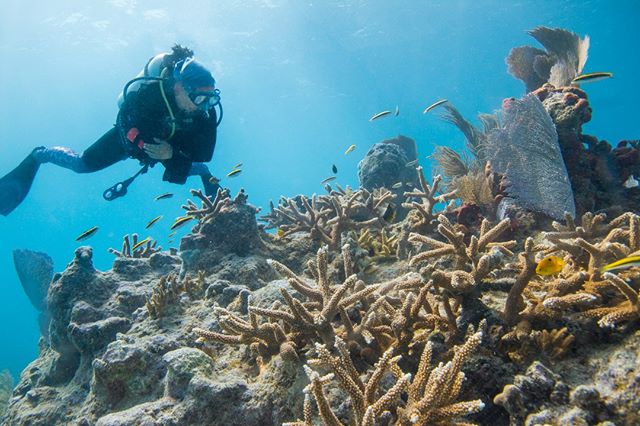By Caleb Jones.
On a moonless summer night in Hawaii, krill, fish and crabs swirl through a beam of light as two researchers peer into the water above a vibrant reef.
Minutes later, like clockwork, they see eggs and sperm from spawning coral drifting past their boat. They scoop up the fishy-smelling blobs and put them in test tubes.
In this Darwinian experiment, the scientists are trying to speed up coral’s evolutionary clock to breed “super corals” that can better withstand the impacts of global warming.
For the past five years, the researchers have been conducting experiments to prove their theories would work. Now, they’re getting ready to plant laboratory-raised corals in the ocean to see how they survive in nature.
“Assisted evolution started out as this kind of crazy idea that you could actually help something change and allow that to survive better because it is changing,” said Kira Hughes, a University of Hawaii researcher and the project’s manager.
SPEEDING UP NATURE
Researchers tested three methods of making corals more resilient:
— Selective breeding that carries on desirable traits from parents.
— Acclimation that conditions corals to tolerate heat by exposing them to increasing temperatures.
— And modifying the algae that give corals essential nutrients.
Hughes said the methods all have proven successful in the lab.
READ MORE at apnews.com

